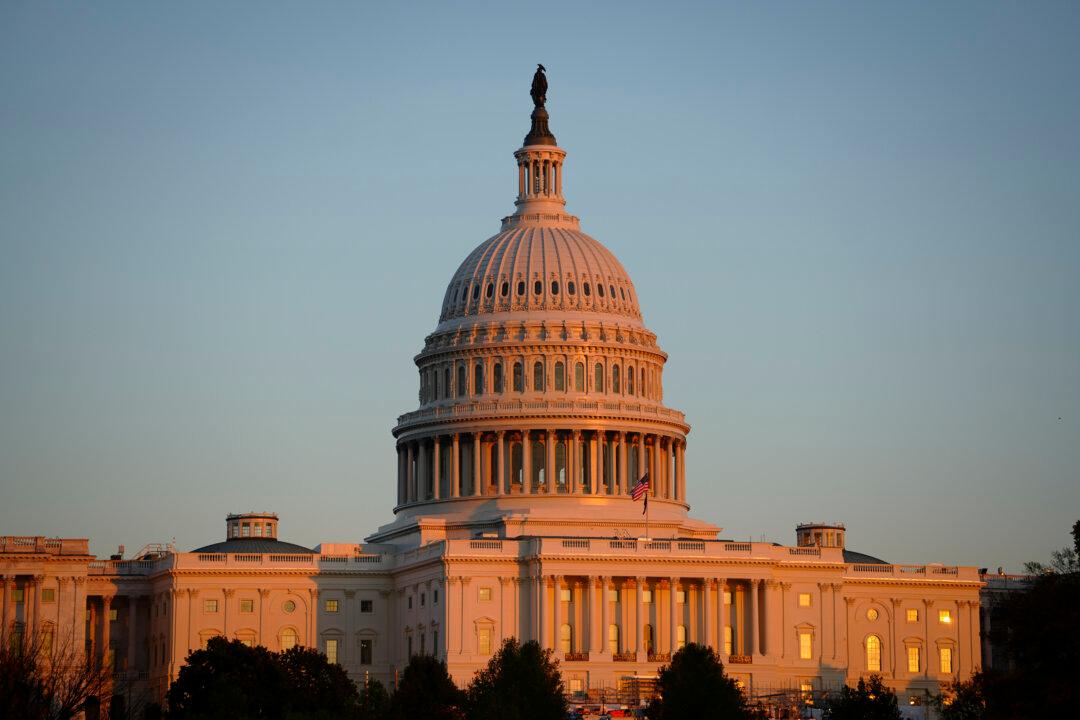House Permanent Select Committee on Intelligence Chairman Mike Turner (R-Ohio) said Wednesday that the House will consider temporarily extending the country’s warrantless surveillance powers, a key national security tool due to expire at the end of the year.
Section 702 of the Foreign Intelligence Surveillance Act (FISA) authorizes the U.S. government to collect data on foreigners outside the United States. The provision was added as an amendment to FISA in 2008 as part of post-Sept. 11, 2001, security upgrades. It is currently set to “sunset” on Dec. 31.





